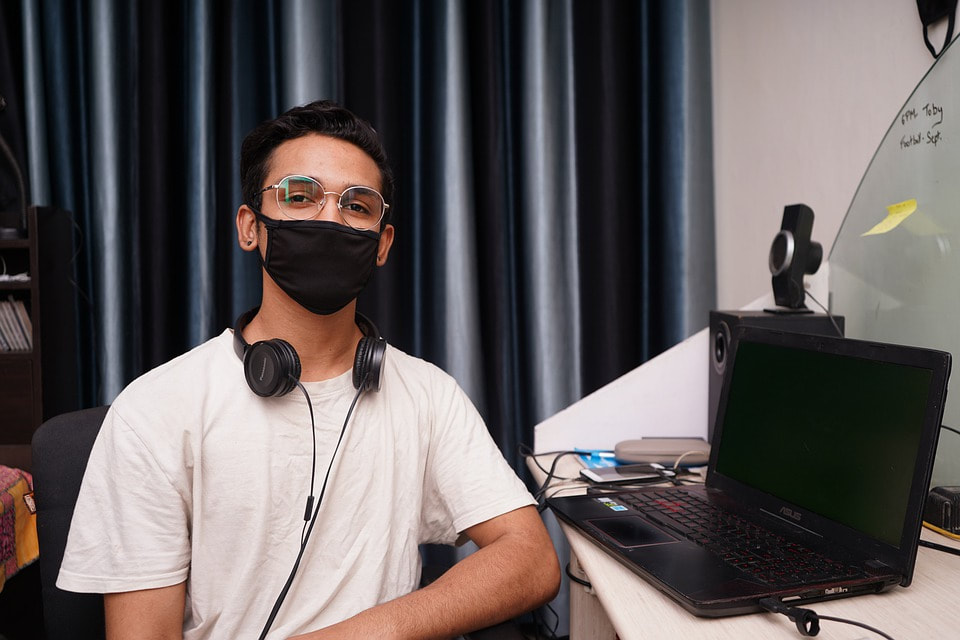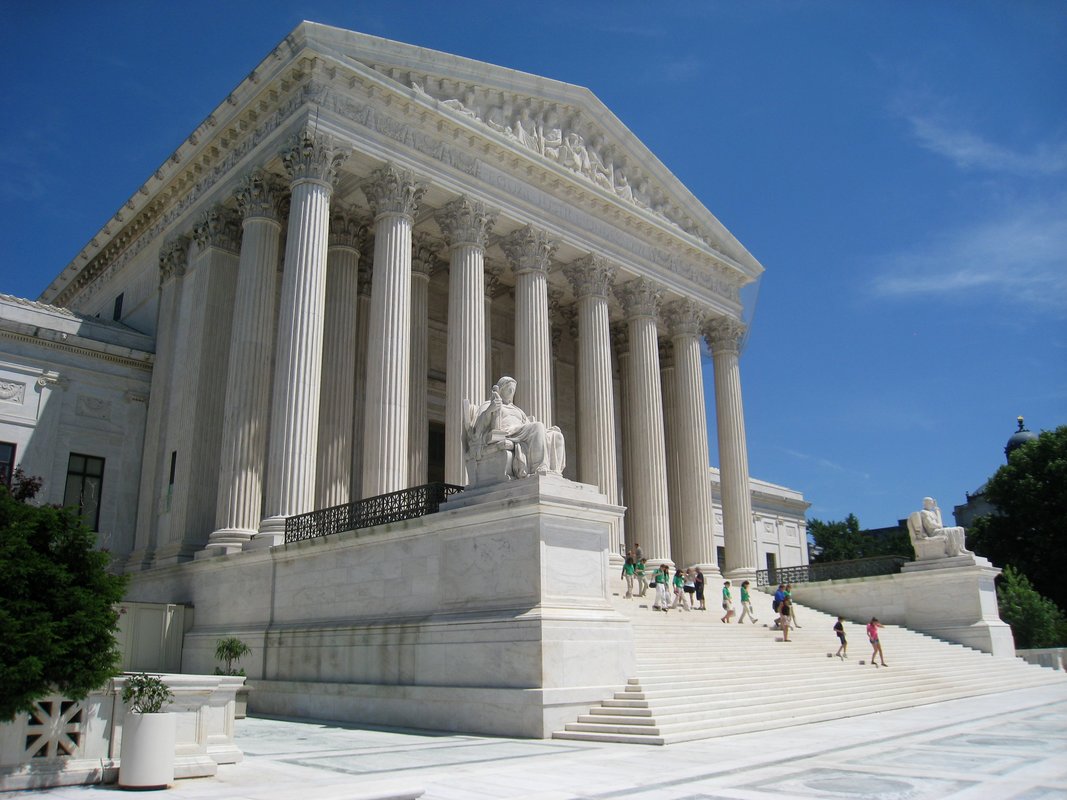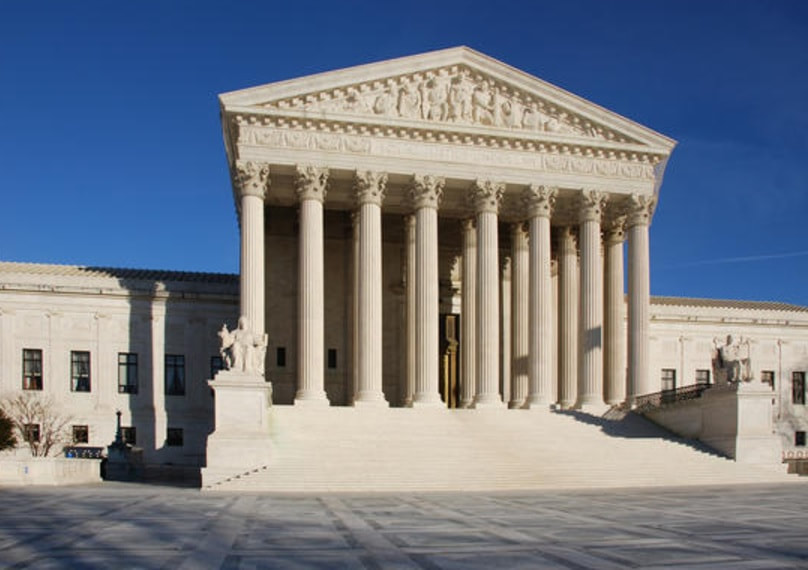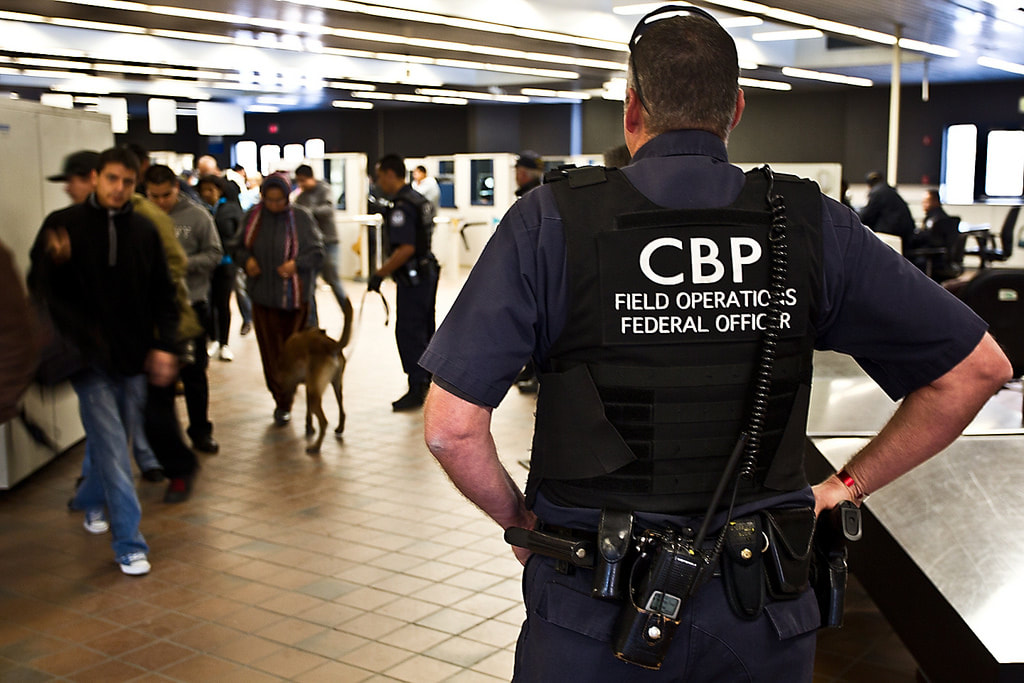|
The Islamic Revolutionary Guard Corps (IRGC), also known as Sepah, was designated as a terrorist organization by President Trump in April 2019. This designation carries serious immigration repercussions for Iranian males who did their mandatory military service with IRGC or Sepah. There are some distinctions and options depending on whether you are applying for a U.S. immigrant visa or nonimmigrant visa and whether you are applying from outside the United States at an embassy abroad or whether you are applying for an immigrant benefit from within the United States, such as adjustment of status or citizenship (N-400/Naturalization). This article discusses obstacles and strategies arising from a case involving an IRGC mandatory service.
6 Comments
Are you a U.S. citizen or legal permanent resident (green card holder) who has a girlfriend, boyfriend, fiancé, husband or wife that is abroad? If you recently got engaged, planning on getting engaged, or getting married, congratulations! You have a lot of exciting things to plan. “What is the quickest way to get my fiancé to the United States?” is probably a top question on your list. As well as questions such as “Should we get married? Is the visa for marriage better compared to fiancé visa?”
(**UPDATE: November 13, 2020) Mr. Joseph R. Biden has been elected as the President of the United States. He has promised to stop the Muslim ban/travel ban when he officially becomes the President in January 2021. Mr. Joe Biden has promised to cancel the ban on the first day he is in office. This is great news for so many families that have been separated because of this unjust immigration policy. However, it is still important to be vigilant and realistic that these changes may take time. First, Mr. Biden might not cancel the policy right away. Second, there might be lawsuits challenging the policy change causing the travel ban to continue and be in effect for several more months, if not longer. Third, it might take time for the Department of State and embassies to revise their practice and implement any new policies adopted by the Biden administration. Therefore, if you are from Iran and/or your family member is affected by the travel ban/Muslim ban, it is important to know your rights and options in these challenging times. You can read our article below regarding travel ban waiver options, administrative processing, and strategies for following up regarding your case if it has been severely delayed. As always, please do not hesitate to reach out. We are happy to help any way we can.
Immigration Restrictions on International Students During COVID-19: Everything You Need to Know7/7/2020 On July 6, 2020, the Student and Exchange Visitor Program (SEVP) announced that it will no longer provide exemptions to international students to take online classes during the fall 2020 semester due to the Coronavirus (COVID) pandemic. Here is all you need to know about the new rule and how it might affect you.
Today, December 4, 2017, the Supreme Court has allowed the third version of President Trump's travel ban to come back. Citizens of the eight countries listed (Iran, Somalia, Syria, Yemen, Libya, Chad, North Korea, and Venezuela) are NOT allowed to travel to the United States, unless they qualify for an exception. Previously, in June 2017, the Supreme Court allowed the travel ban to come back, but in a limited way. The Court stated that an immigrant from one of the banned countries was required to have a personal or professional relationship in the United States, which was defined as a relationship with a qualifying family member in the United States or a professional relationship with a U.S. company or university. But now, such a qualifying relationship does NOT matter, as the Supreme Court has now ruled that the travel ban can be implemented to the FULLEST extent.
On September 24, 2017, President Trump issued a new travel ban…again. The newest travel ban is a “presidential proclamation” instead of an “executive order.” In practical terms, the title does not make a difference – it is still a travel ban that stops immigration from several Muslim-majority countries, with a few additional countries added. It is important to note that there is one particularly concerning detail in the new ban.
President Trump issued a Muslim Travel Ban earlier in the year prohibiting travel of foreign nationals from six Muslim-majority countries: Syria, Iran, Libya, Somalia, Sudan, and Yemen. However, the Muslim Travel Ban was blocked by courts in various states. On Monday, June 26, 2017, the United States Supreme Court agreed to hear the case on the Muslim Travel Ban to resolve the issue once and for all. The Supreme Court will hear oral arguments in October 2017. Until a final decision is made, the Supreme Court has allowed a limited version of the Muslim Travel Ban to go back into effect.
The implementation of the Executive Order has varied greatly from airport to airport, as U.S. Customs and Border Protection (CBP) have or have not been complying with federal court emergency stays and temporary restraining order. Furthermore, the State Department and Department of Homeland Security have provided varying official statements and quotes to the media regarding the effect of the Executive Order.
|
PostsLatest posts and news from our top immigration lawyers Archives
June 2024
Categories
All
|
- Home
- 🗽TELL US ABOUT YOUR CASE
- About Us
- فارسی
- Book Online
- Reviews
-
Services
-
Visas
>
- Fiance (K-1)
- Extraordinary Ability (O)
- NAFTA Professionals (TN)
- Treaty Traders (E-1 Visa)
- Treaty Investors (E-2)
- Professional (H-1B)
- Visitors (B)
- Student (F-1)
- Intercompany Transfers (L-1)
- Religious Workers (R)
- International Organizations (G)
- Australian Professionals (E-3)
- Exchange Visitors (J)
- Cultural Exchange (Q)
- Diplomats (A)
- Trainees or Special Education Exchange Visitor (H-3)
- Journalists (I)
- Green Cards >
- Investors >
- Citizenship
- Employers >
- Mandamus Lawsuits for USCIS Delays ⚖️
-
Visas
>
- Blog
Trust in Us with Your Immigration Success! |
|
|
Immigration lawyer Najmeh Mahmoudjafari, Esq. (ImmigraTrust Law) represents immigration law clients nationwide (all 50 States), globally and also in and around Orange County, including: Costa Mesa | Corona del Mar | Cypress | Fountain Valley | Garden Grove | Huntington Beach | Irvine | Los Alamitos | Los Angeles | Mission Viejo | Newport Beach | Orange | San Diego | San Francisco | Santa Ana | Stanton | Tustin | Westminster
Disclaimer
The information provided on ImmigraTrust's website is for general informational purposes only and does not constitute legal advice. Every legal situation is unique; for specific advice tailored to your circumstances, please consult with a qualified attorney. Contacting ImmigraTrust Law through this website does not establish an attorney-client relationship. Please do not send any confidential information until such a relationship has been established in writing. |
©2024 by ImmigraTrust Law.










